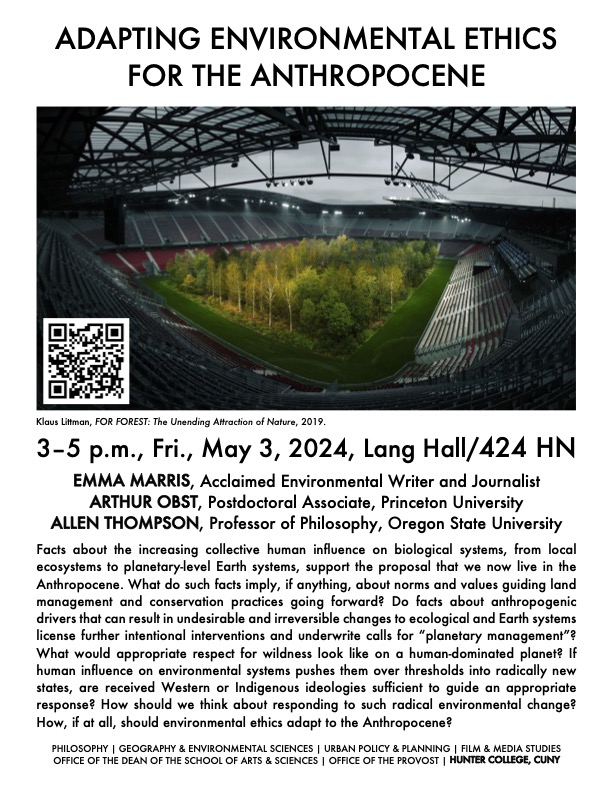David Bates, in conversation with Stefanos Geroulano and Joanna Stalnaker
We imagine that we are both in control of and controlled by our bodies—autonomous and yet automatic. This entanglement, according to David W. Bates, emerged in the seventeenth century when humans first built and compared themselves with machines. Reading varied thinkers from Descartes to Kant to Turing, Bates reveals how time and time again technological developments offered new ways to imagine how the body’s automaticity worked alongside the mind’s autonomy. Tracing these evolving lines of thought, David Bates discusses his new book, An Artificial History of Natural Intelligence, which offers a new theorization of the human as a being that is dependent on technology and produces itself as an artificial automaton without a natural, outside origin.
David Bates is Professor of Rhetoric at the University of California Berkeley. His research focuses on the history of legal and political ideas, and the relationship between technology, science, and the history of human cognition.
Stefanos Geroulanos is the Director of the Remarque Institute and Professor of European Intellectual History at NYU. He usually writes about concepts that weave together modern understandings of time, the human, and the body. His new book is a history of the concepts, images, and sciences of human origins since 1770, forthcoming from Liveright Press as The Invention of Prehistory: Empire, Violence, and Our Obsession with Human Origins in 2024.
Joanna Stalnaker is Professor of French at Columbia. She works on Enlightenment philosophy and literature, with a recent interest in how women shaped the Enlightenment. Her new book, The Rest Is Silence: Enlightenment Philosophers Facing Death, will be published by Yale University Press in the Walpole series.
Facts about the increasing collective human influence on biological systems, from local ecosystems to planetary-level Earth systems, support the proposal that we now live in the Anthropocene. What do such facts imply, if anything, about norms and values guiding land management and conservation practices going forward? Do facts about anthropogenic drivers that can result in undesirable and irreversible changes to ecological and Earth systems license further intentional interventions and underwrite calls for “planetary management”? What would appropriate respect for wildness look like on a human-dominated planet? If human influence on environmental systems pushes them over thresholds into radically new states, are received Western or Indigenous ideologies sufficient to guide an appropriate response? How should we think about responding to such radical environmental change? How, if at all, should environmental ethics adapt to the Anthropocene?
